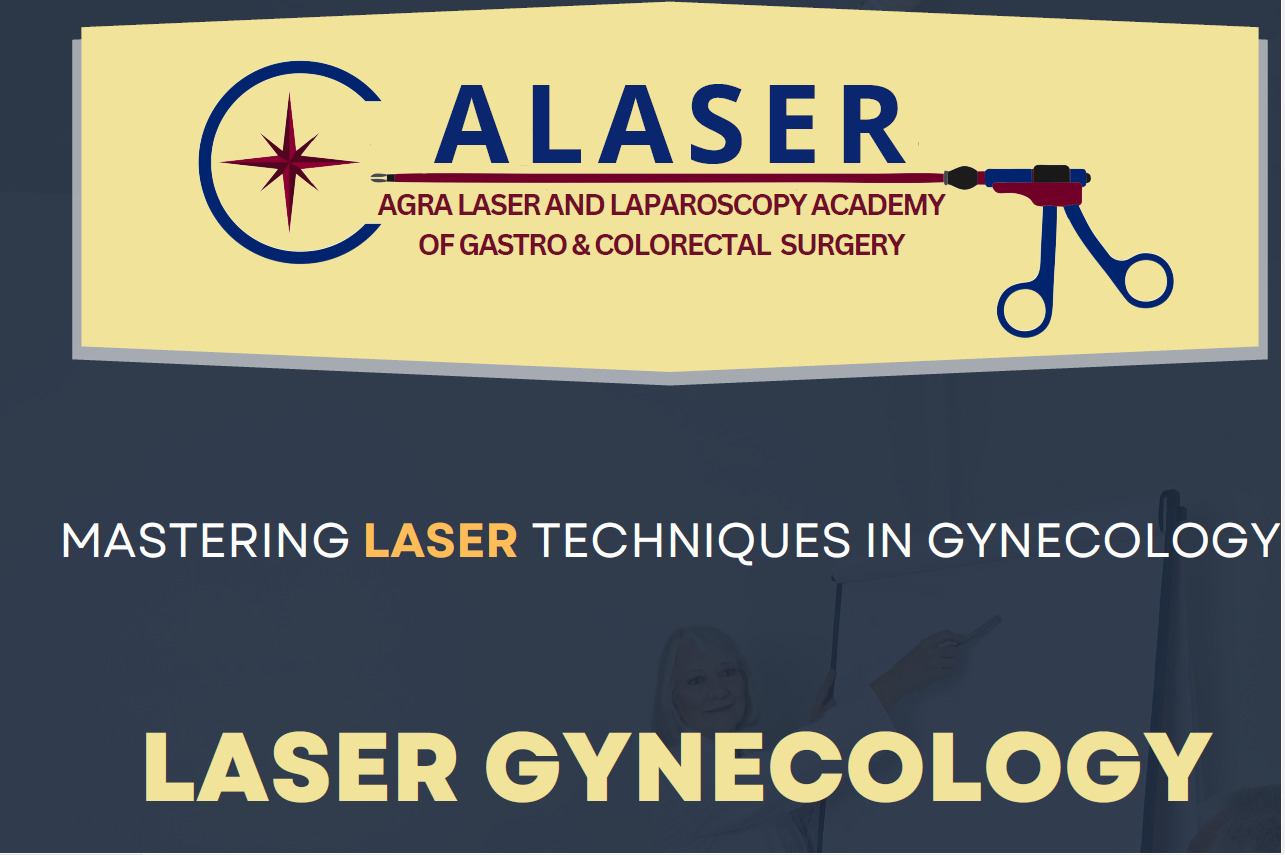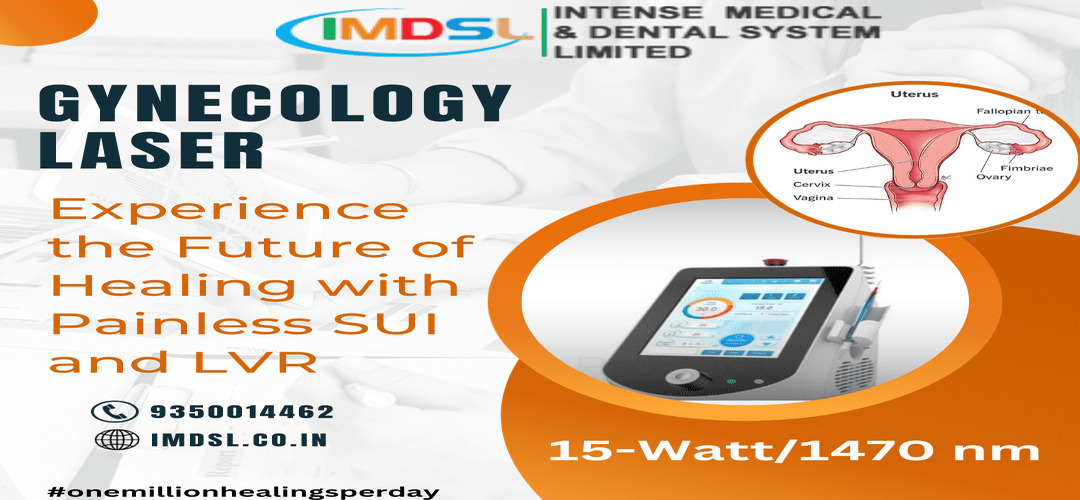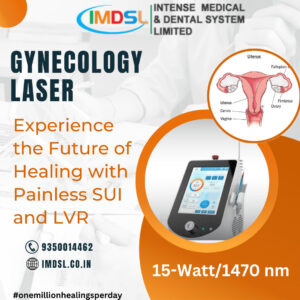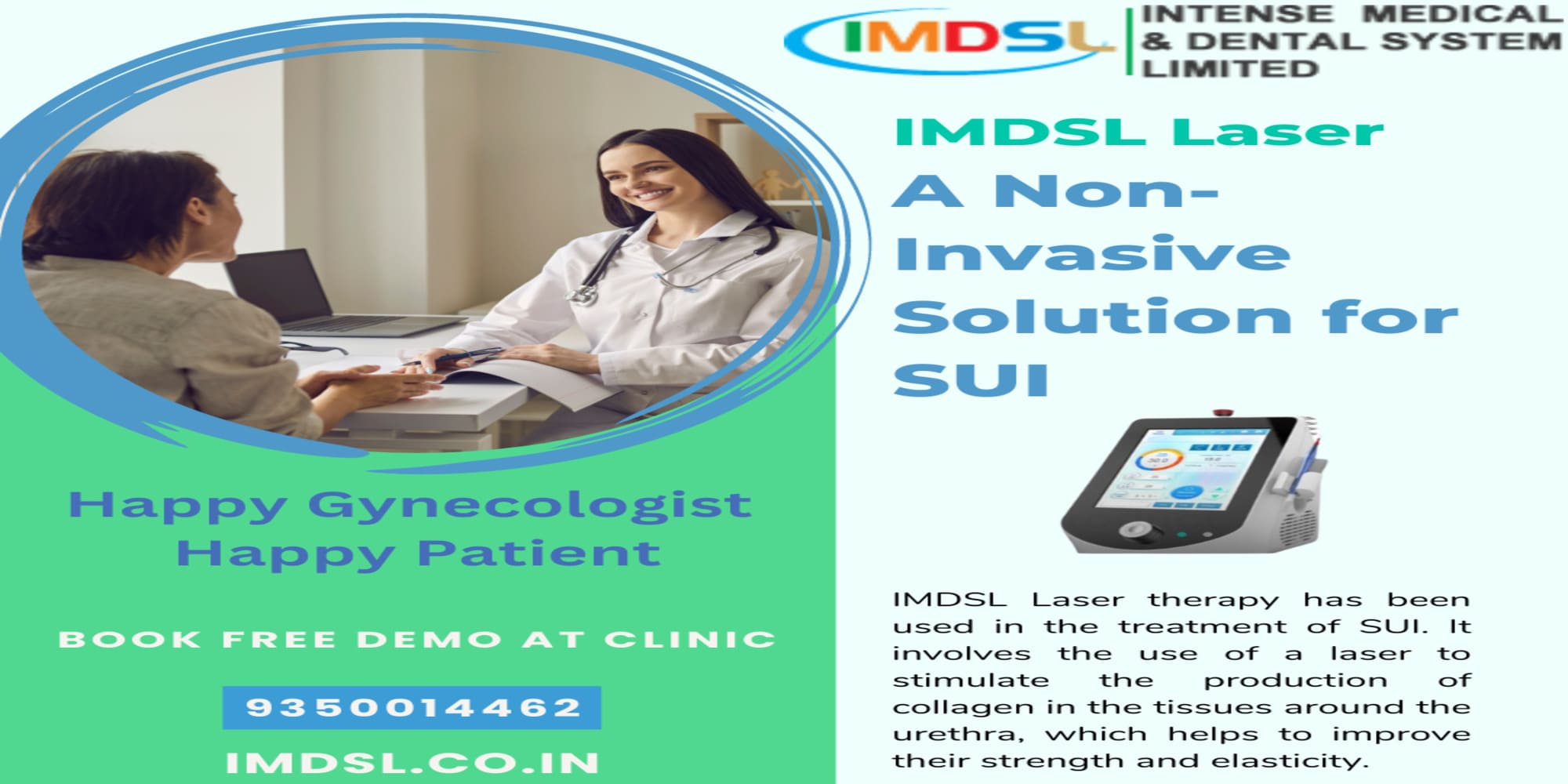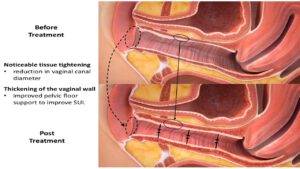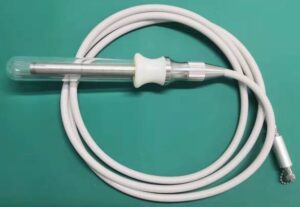Improving Gynecology Practice Using Laser Therapy: Enhanced patient comfort and experience with Non-invasive approach
Laser technology has revolutionized various medical fields, and gynecology is no exception. While most gynecologists are familiar with laser applications for vaginal rejuvenation, it is essential to explore the broader spectrum of possibilities that lasers offer in the field.


In this blog, we will shed light on how lasers can be effectively utilized to treat stress urinary incontinence (SUI), vaginal fungal infections, and vaginal dryness, presenting patients with non-invasive therapeutic options that enhance their treatment experience.
Laser Therapy: An Overview
Laser therapy involves the use of focused light energy to stimulate various biological processes within the body. In gynecology, lasers have gained prominence due to their precision and effectiveness.
By delivering controlled thermal energy to specific areas, lasers can stimulate collagen production, promote tissue rejuvenation, and improve overall vaginal health.
The non-invasive nature of laser therapy makes it an attractive option for patients seeking minimal discomfort and faster recovery.
Treating Stress Urinary Incontinence (SUI)
Stress urinary incontinence, a common condition among women, can significantly impact their quality of life. Traditional treatments for SUI often involve invasive procedures, such as surgery or synthetic mesh implantation. However, laser therapy in SUI offers a non-invasive alternative.
By precisely targeting the vaginal tissue, lasers stimulate collagen production and tighten the surrounding area. This improves pelvic floor support, enhances urethral and vaginal tissue integrity, and ultimately reduces the symptoms of SUI.
Combatting Vaginal Fungal Infections
Vaginal fungal infections, such as yeast infections, can cause discomfort, itching, and recurrent episodes. Conventional treatments for these infections often involve antifungal medications, which may not provide long-lasting relief or address underlying issues.
Laser therapy presents a promising solution by directly targeting the infected tissue. Laser ablation removes the infected cells, while the thermal energy stimulates local immunity and tissue healing. This dual action reduces the recurrence rates and offers improved symptomatic relief for patients.
Alleviating Vaginal Dryness
Vaginal dryness is a common concern among women, particularly during menopause or as a side effect of certain medications.
Traditional treatment options, such as hormone replacement therapy, may not be suitable for all patients. Laser therapy offers a safe and effective alternative by creating controlled microtrauma within the vaginal tissue.
This stimulates collagen synthesis, improves blood flow, and enhances vaginal lubrication. Patients experience relief from dryness, discomfort, and pain, thereby improving their overall well-being.
Benefits of Laser Therapy in Gynecology
The utilization of laser therapy in gynecological practice offers several benefits for both patients and gynecologists:
- Non-invasive approach: Laser therapy is a non-surgical procedure that minimizes patient discomfort and anxiety during treatment.
- Minimized downtime and faster recovery: Unlike invasive procedures, laser therapy requires minimal downtime, allowing patients to resume their daily activities quickly.
- Customizable treatment options: Laser therapy can be tailored to meet individual patient needs, ensuring personalized care and optimal outcomes.
- Reduced risks of complications: Laser therapy carries fewer risks compared to invasive surgical procedures, making it a safer choice for patients.
- Potential long-term improvements and patient satisfaction: By stimulating tissue regeneration and addressing underlying issues, laser therapy offers the potential for long-lasting improvements, leading to increased patient satisfaction.
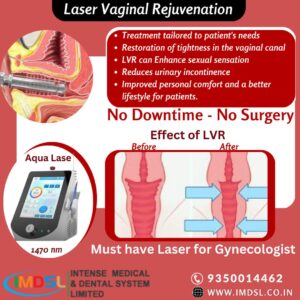
While laser vaginal rejuvenation has gained attention in gynecology, it is crucial for gynecologists to recognize the expanded potential of laser therapy in treating various conditions.
By utilizing lasers for stress urinary incontinence, vaginal fungal infections, and vaginal dryness, gynecologists can provide their patients with non-invasive alternatives that offer improved treatment experiences.
This advanced technology offers numerous benefits, including enhanced patient comfort, minimal downtime, and the potential for long-lasting improvements.
Embracing laser therapy in gynecological practice opens doors to innovative solutions that prioritize patient well-being and satisfaction.
Read more



